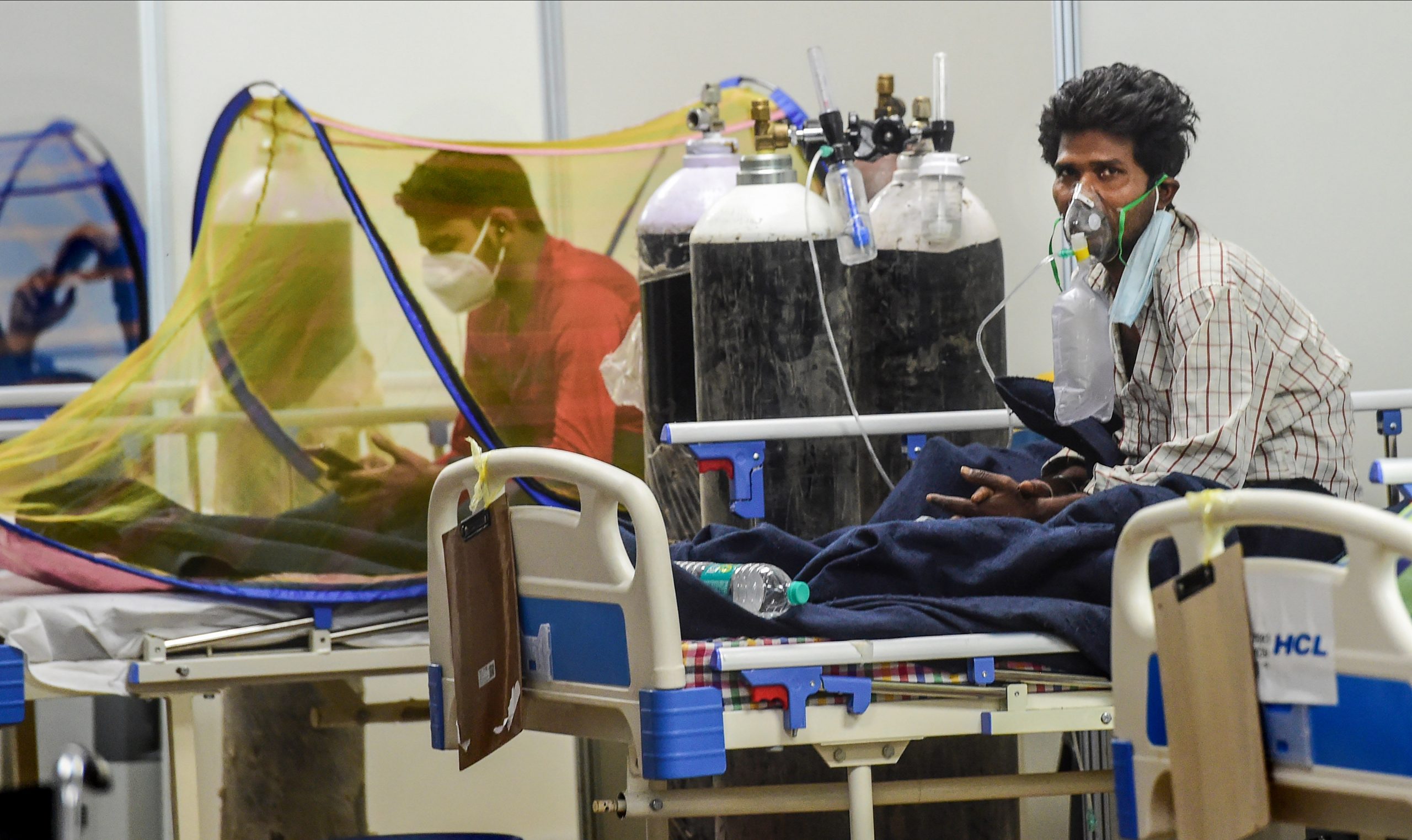India’s Kerala and northeastern states could be the next global hotspots for the new deadly coronavirus outbreaks that will be driven by global changes in land use by humans, a recent study says. China tops the list of becoming the global epicentre of zoonotic diseases, which include COVID-19, that are transferred from horseshoe bats.
Humans are coming into closer contact with horseshoe bats due to forest fragmentation, agricultural expansion, and livestock production, according to the study, ‘Land-use change and the livestock revolution increase the risk of zoonotic coronavirus transmission from Rhinolophid bats’ says.
Also Read | COVID-19 pandemic blamed for fall in French arms sales in 2020
The study, published in Nature Food, has been done by researchers at the University of California, Berkeley, the Politecnico di Milano (Polytechnic University of Milan), and the Massey University of New Zealand.
“Conditions are ‘ripe’ for the diseases to jump from bats to humans, particularly in China, where a growing demand for meat products has driven expansion of large-scale, industrial livestock farming,” the study says.
According to the study, the major global hotspots of new outbreaks would be in China, Java, Bhutan, Nepal, northern Bangladesh, India’s Kerala, and the northeastern states of India.
Also Read | India’s COVID vaccine basket set to get bigger. What’s on offer
Parts of Shanghai, Japan, and the north Phillippines are also at the risk of becoming hotspots with further forest fragmentation, the study said, adding, that parts of Mainland Southeast Asia (Indochina) and Thailand could also become hotspots due to increase in livestock production.
Researchers conducted the study using land patterns throughout the horseshoe bat’s range that extends from Western Europe through Southeast Asia. Comparing to known horseshoe bat’s habitats, they identified areas of forest fragmentation, human settlement, and agricultural and livestock production.
Also Read | Pfizer, AstraZeneca vaccines not very effective against B.1.617 strain: Study
“Among all the vertebrates in the world, rodents and bats carry a lot of viruses that humans must be very careful about. These bats are carriers of coronaviruses like SARS-COV2, MERS and CoV Ebola. The Nipah virus is a classic example. India has had Nipah virus in West Bengal and Kerala which means all of India is vulnerable. If somewhere in India it happens then it will affect everywhere,” virologist and former professor, Dr Jacob John, Christian Medical College, Vellore, said, the New Indian Express quoted.







